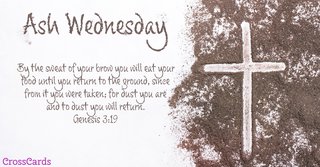
- Recent Translations
- All Translations
Genesis 3:19
Share
Settings
Images for Genesis 3:19

Genesis 3:19 Meaning and Commentary
In the sweat of thy face shalt thou eat bread
Or "of thy nose" F6, sweat appearing first and chiefly on the forehead, from whence it trickles down by the nose in persons employed in hard labour; and here it takes in all the labour used in cultivating the earth for the production of herbs, and particularly of corn, of which bread is made; with respect to which there are various operations in which men sweat, such as ploughing, sowing, reaping, threshing, winnowing, grinding, sifting, kneading, and baking; and it may have regard to all methods and means by which men get their bread, and not without sweat; and even such exercises as depend upon the brain are not excused from such an expense: so that every man, let him be in what station of life he will, is not exempt, more or less, from this sentence, and so continues till he dies, as is next expressed:
till thou return unto the ground,
his original, out of which he was made; that is, until he dies, and is interred in the earth, from whence he sprung; signifying that the life of man would be a life of toil and labour to the very end of it: and nothing else can man expect in it:
for dust thou art, and unto dust shall thou return;
his body was composed of the dust, was of the earth, earthly, and should be reduced to that again by death, which is not an annihilation of man, but a bringing him back to his original; which shows what a frail creature man is, what little reason he has to be proud of himself, when he reflects from whence he came and whither he must go; see ( Ecclesiastes 12:7 ) .
F6 (Kypa) "nasi tui", Picherellus.


